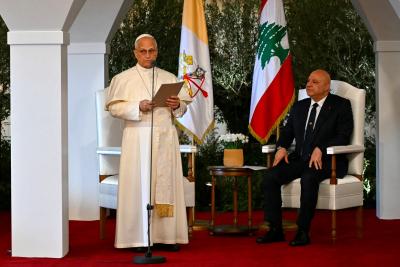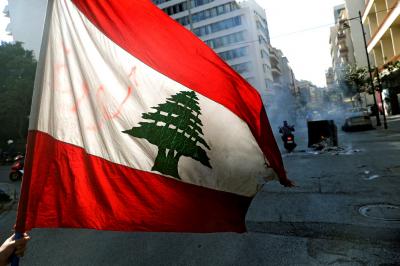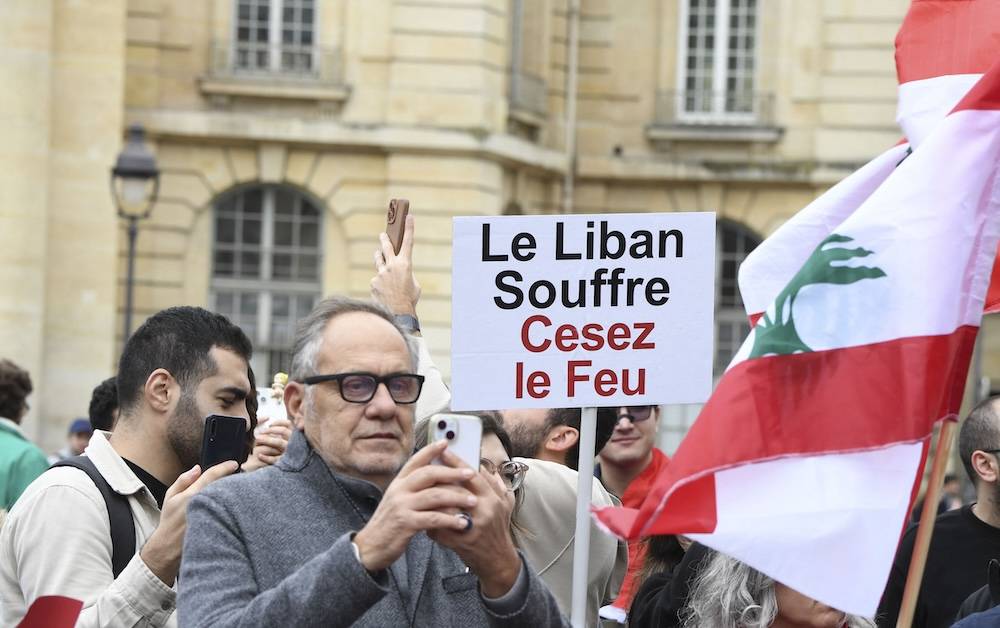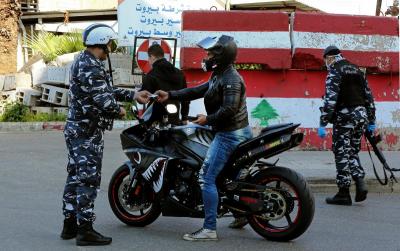The faces of the Lebanese people are marked with worry as they leave the Notre-Dame du Liban Cathedral in the 5th arrondissement of Paris. Every person we speak to expresses their concern for the future of Lebanon.
Among this Lebanese diaspora, many students struggle to get news from their loved ones. In recent weeks, Sara, a young Lebanese woman studying in Paris, hasn’t let go of her phone. Whenever new bombings are announced, she tries to contact her family: "I’m here with my brother; I have no one else. My family is still in Lebanon, and I’m scared."
Hadi, another master’s student, is unable to return to his country. He does everything he can to support his family: "Every day, I get calls from my family, afraid to sleep. I’m far away, wondering how I can help or what to say to them."
Fouad, a retiree in Paris, describes a stressful daily life: "We are constantly connected to our phones and watching the news."
Edgard, an entrepreneur living in Paris for 10 years, is uncertain whether the assassination of Hezbollah leader Hassan Nasrallah would be a positive outcome: "Even if we don't support Hezbollah and its actions, it’s a political party representing more than a third of the Lebanese population. I think his assassination would spark anger within that community, possibly increasing violence."
Raymond, a co-owner of a Lebanese restaurant in Paris, expresses his outrage at the inaction of Western countries and the UN: "What’s their objective? To wait until Lebanon is completely destroyed before taking action?"
Lama, a pharmacist who arrived from Beirut a few weeks ago to escape the war, describes the situation: "We are overwhelmed with calls from distressed mothers who don’t know where to go or how to explain to their children what’s happening. On Facebook and Instagram, Lebanese from the diaspora are organizing campaigns to collect medicine and money to help families who have lost their homes."
Julien, another student, expresses his frustration: "The last few years have been marked by the Beirut port explosion on August 4, 2020, and one of the worst economic crises in the world, with 80% of the population living below the poverty line. They’ve continuously incited religious conflicts, bankrupted the country, and it's always the people who serve as the human shield."
At least 500 people gathered at Place de la République in the center of the capital last Sunday, denouncing the ongoing Israeli bombings on Lebanon and expressing fears of an open conflict that could engulf the entire Middle East. Hundreds of Lebanese flags were waved, and signs in French and Arabic read: "Don’t Touch My Cedar" and "Stop the Massacre."
Please post your comments on:
[email protected]
 Politics
Politics














